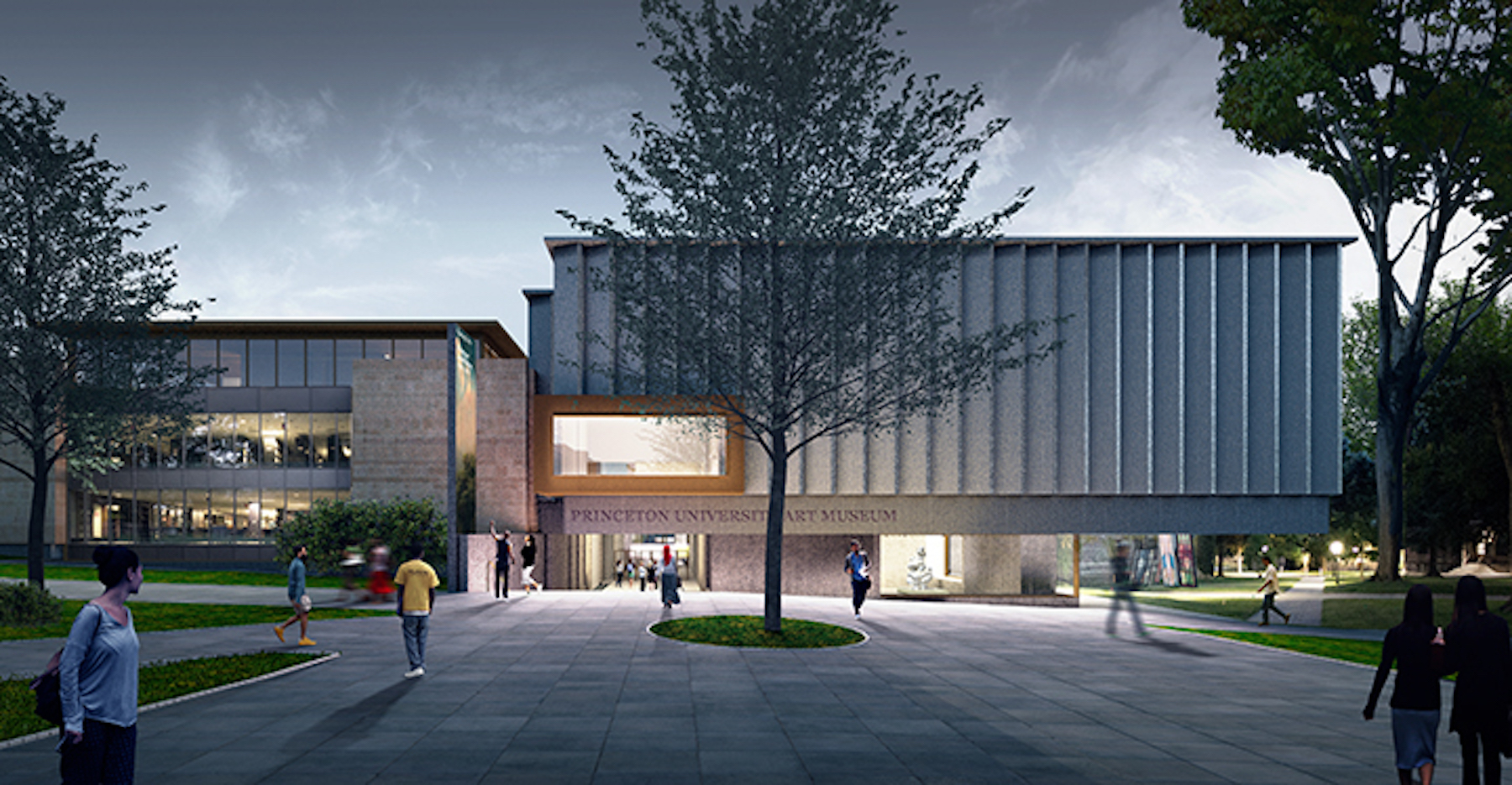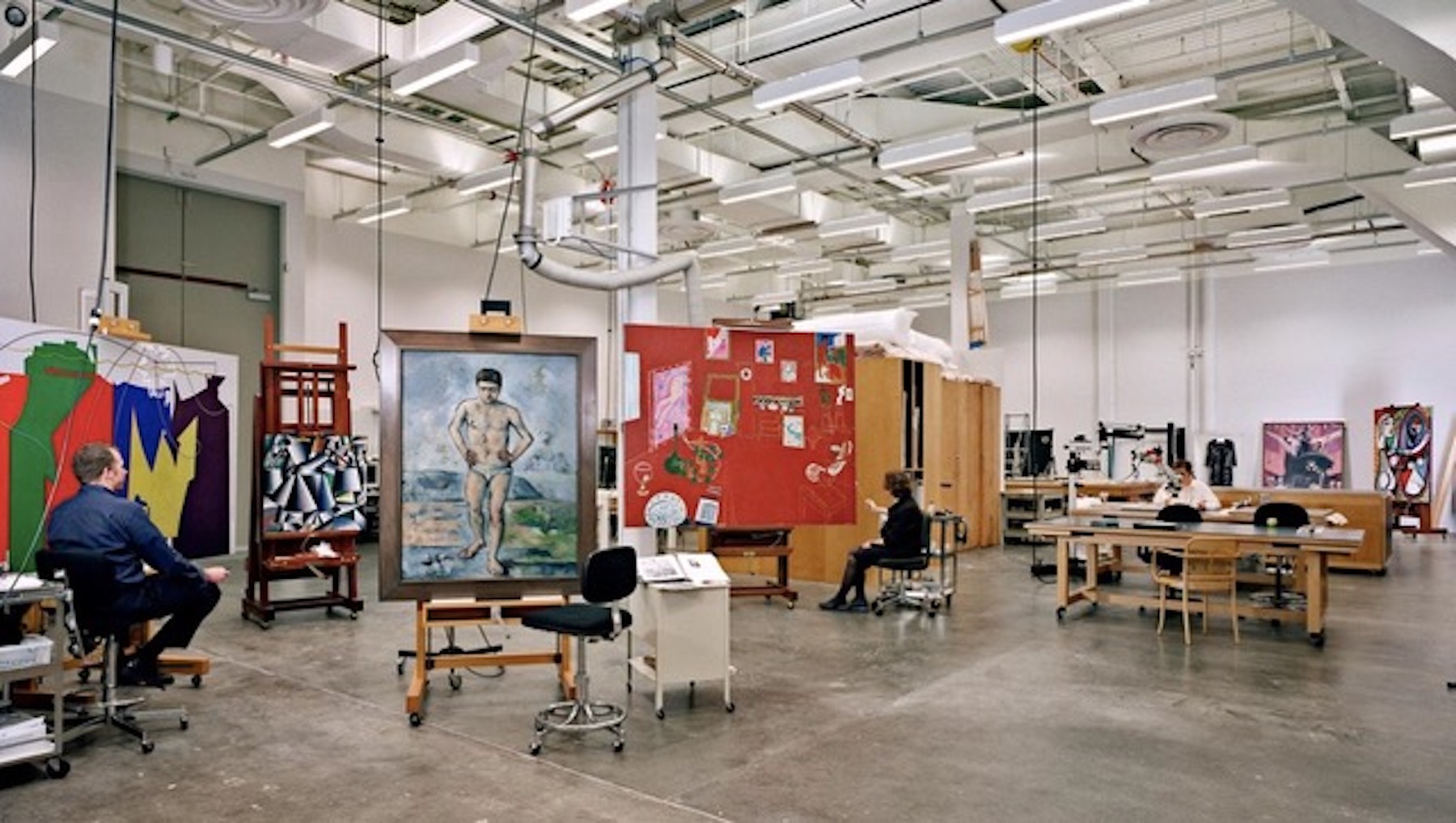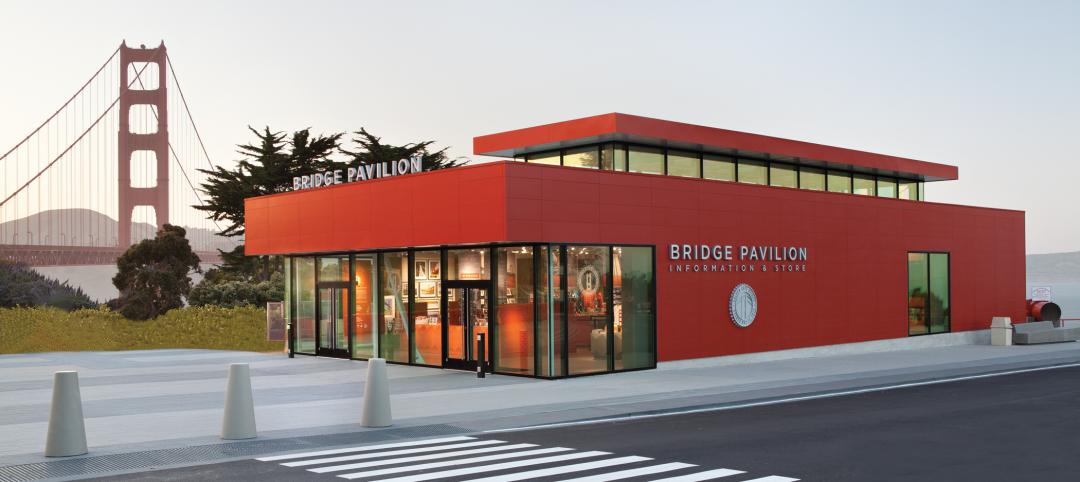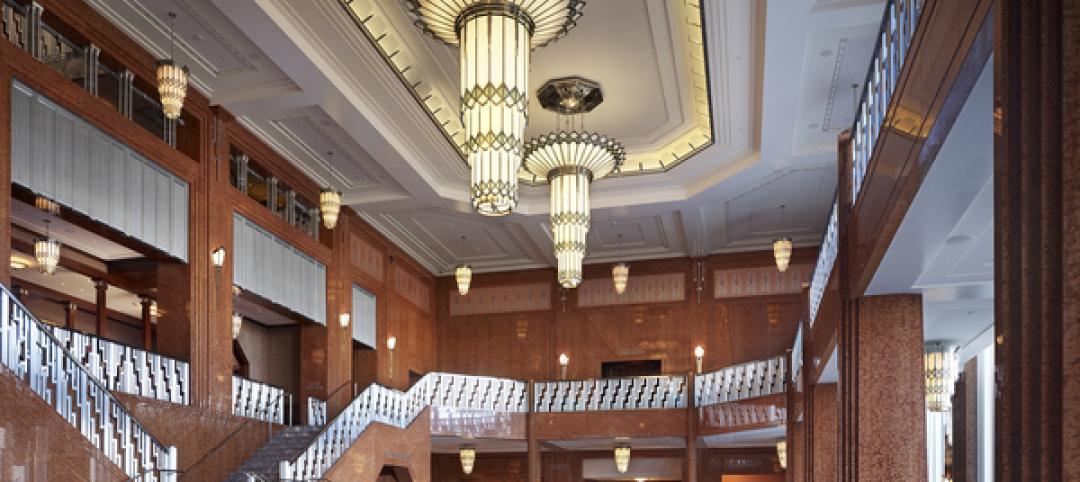Museums put a lot of thought and care into the displays of their objects. Yet almost all of these institutions can present only a fraction of their artifacts. They have to keep the rest in storage.
That’s why museum leaders should focus as much design attention on the archives as the galleries themselves, according to a new white paper by Erin Flynn and Bruce Davis, architects and museum experts with the firm Cooper Robertson.
In the paper, which comes out later this year, Flynn and Davis argue that collection storage can no longer be an afterthought. They show how thoughtfully designed storage systems improve the accessibility of museum archives, while also creating a better environment for the preservation, protection, and study of the collections.
One main takeaway from the paper: Good museum storage design requires a collaborative effort among architects, engineers, curators, and other specialists at the start of any museum project. At the Whitney Museum, for instance, this multidisciplinary approach led to design changes that will protect the storage areas and galleries in the event of severe weather, such as flooding.
The paper also highlights the specific engineering conditions needed to create a cooler, drier climate in archival spaces, as well as the value of isolated mechanical systems in each gallery and storage area.

Other key takeaways:
Expanding collections often house large and mixed-media pieces, which puts more pressure on existing storage spaces.
Overcrowded storage could lead to narrowed circulation paths and jeopardize the safe retrieval of objects.
Museums need to determine if it’s more cost effective to lease offsite storage spaces or build their own.
One creative approach is visible storage. This typically involves arranging items in dense displays behind glazing to maintain proper preservation conditions while also allowing more of the collection to be on display for the public.
Cooper Robertson has provided design and planning work for over 50 museums and collection-based institutions, including the Whitney Museum of American Art, MoMA, the Gateway Arch Museum, and the upcoming Princeton University Art Museum.
Related Stories
| Feb 6, 2013
George W. Bush Presidential Center among award-winning roofing projects honored by Sika Sarnafil
Winners of the 2012 Contractor Project of the Year Competition were announced this week by Sika Sarnafil. The annual competition highlights excellence in roofing installation. Roofing contractors are judged based on project complexity, design uniqueness, craftsmanship, and creative problem solving.
| Jun 22, 2012
Golden Gate Bridge Celebrates 75 Years With the Opening of New Bridge Pavilion
With features such as Nichiha's Illumination series panels, super-insulating glass units, and LED lighting, the new Golden Gate Bridge Pavilion not only boasts the bridge's famous international orange, but green sustainability as well
| Jun 1, 2012
New BD+C University Course on Insulated Metal Panels available
By completing this course, you earn 1.0 HSW/SD AIA Learning Units.
| May 29, 2012
Reconstruction Awards Entry Information
Download a PDF of the Entry Information at the bottom of this page.
| May 24, 2012
2012 Reconstruction Awards Entry Form
Download a PDF of the Entry Form at the bottom of this page.
| Apr 6, 2012
Batson-Cook breaks ground on hotel adjacent to Infantry Museum & Fort Benning
The four-story, 65,000-ft property will feature 102 hotel rooms, including 14 studio suites.
| Mar 29, 2012
Construction completed on Las Vegas’ newest performing arts center
The Smith Center will be the first major multi-purpose performance center in the U.S. to earn Silver LEED certification.
| Mar 5, 2012
Franklin Institute in Philadelphia selects Skanska to construct new pavilion
The building has been designed by SaylorGregg Architects and will apply for LEED Silver certification.
| Dec 5, 2011
Summit Design+Build begins renovation of Chicago’s Esquire Theatre
The 33,000 square foot building will undergo an extensive structural remodel and core & shell build-out changing the building’s use from a movie theater to a high-end retail center.
| Nov 9, 2011
Lincoln Center Pavilion wins national architecture and engineering award
The project team members include owner Lincoln Center for the Performing Arts, New York; design architect and interior designer of the restaurant, Diller Scofidio + Renfro, New York; executive architect, FXFOWLE, New York; and architect and interior designer of the film center, Rockwell Group, New York; structural engineer Arup (AISC Member), New York; and general contractor Turner Construction Company (AISC Member), New York.















